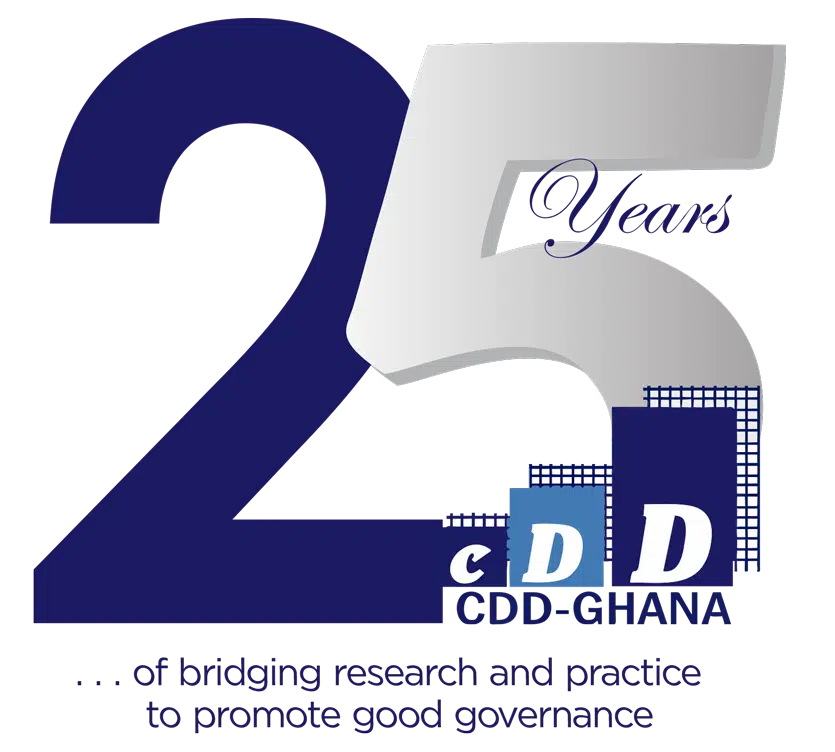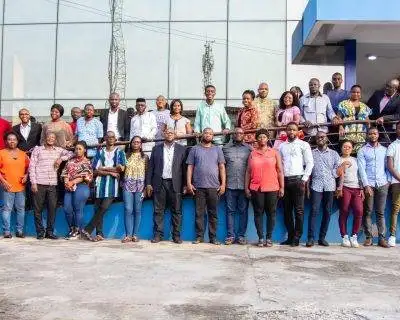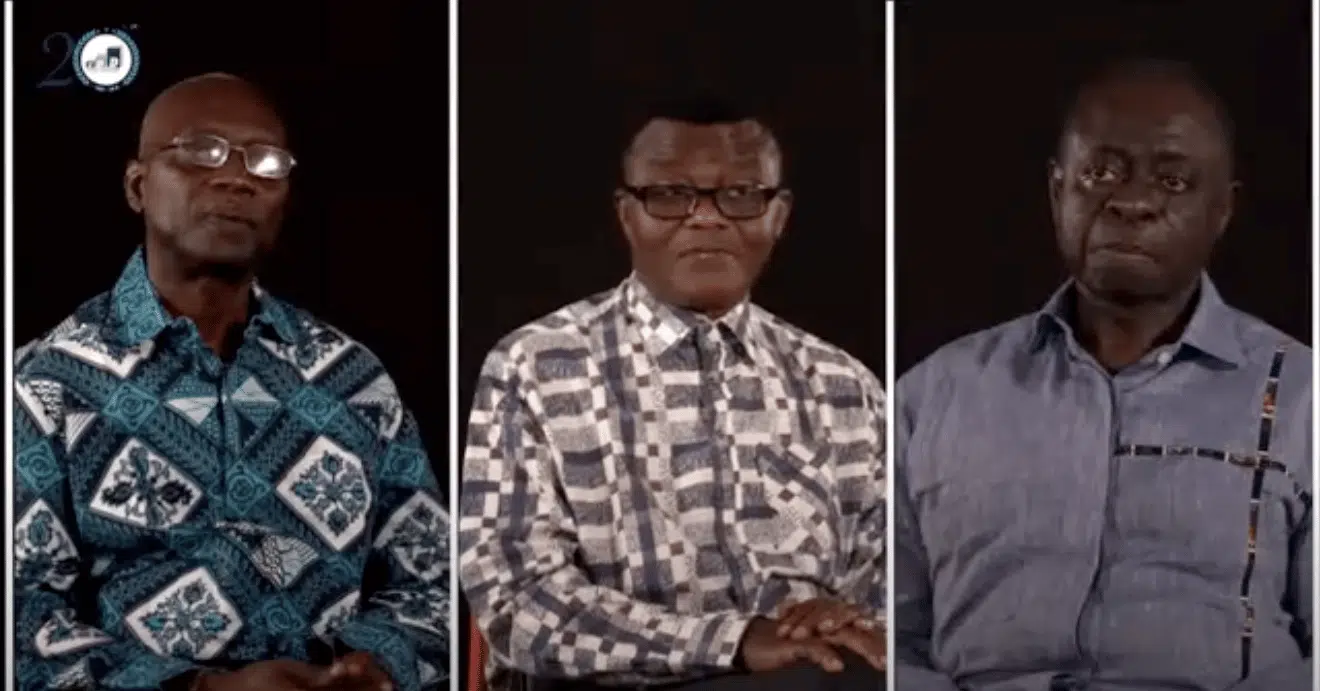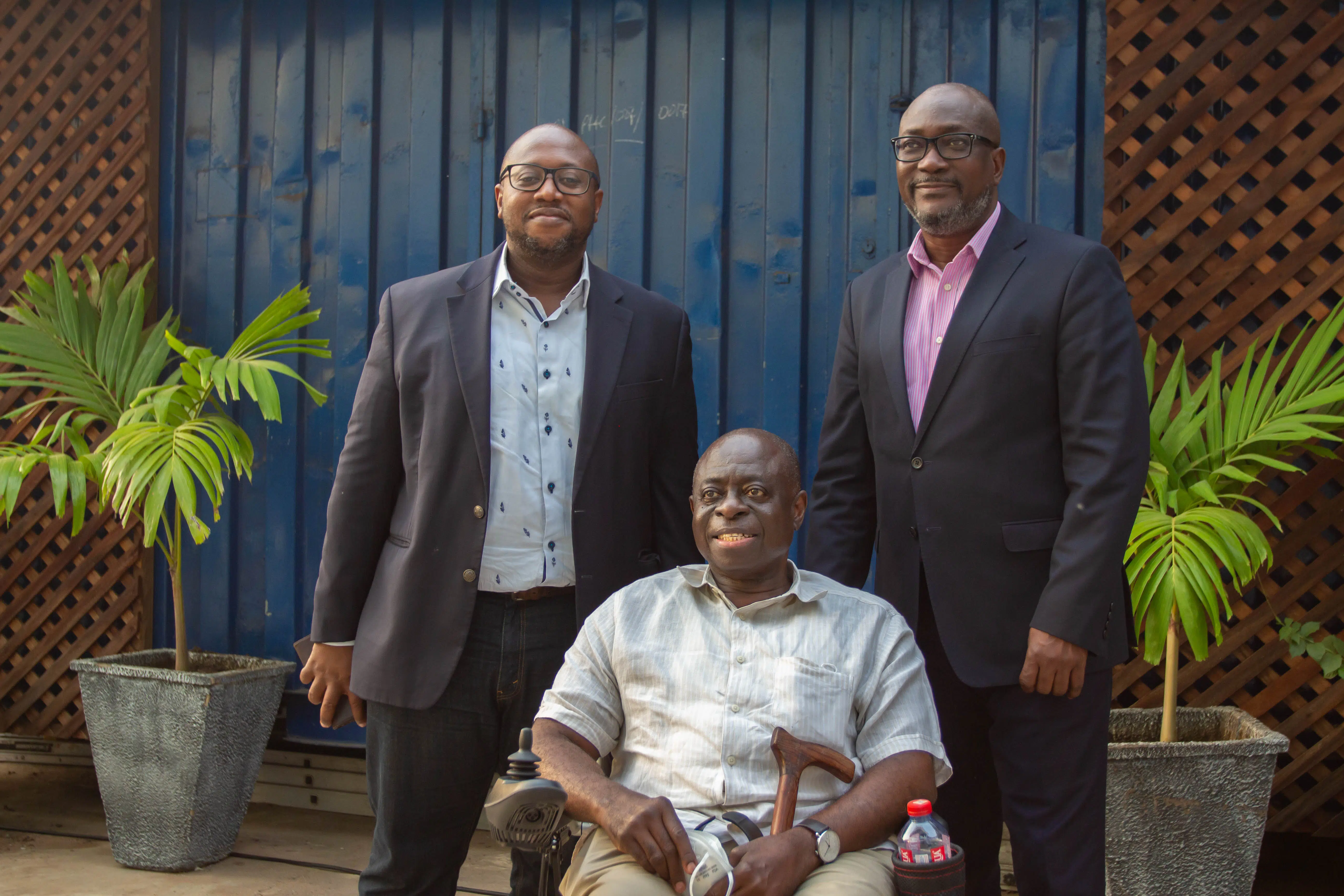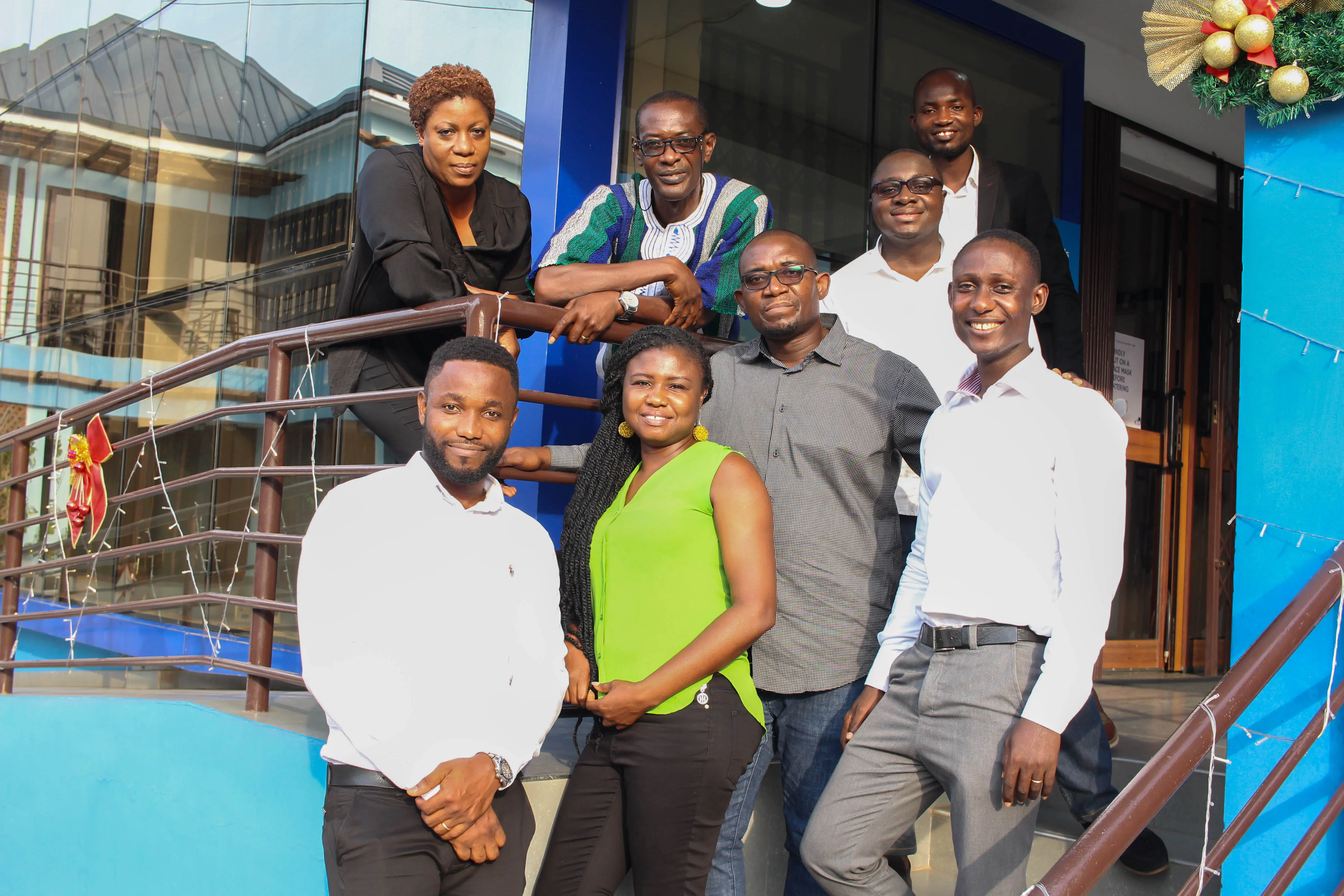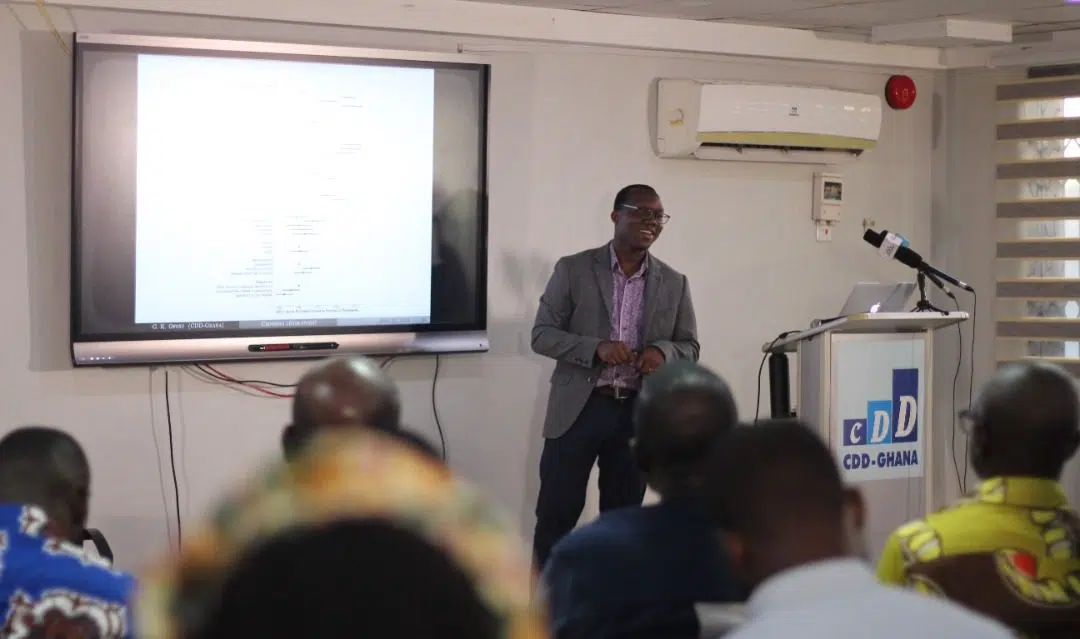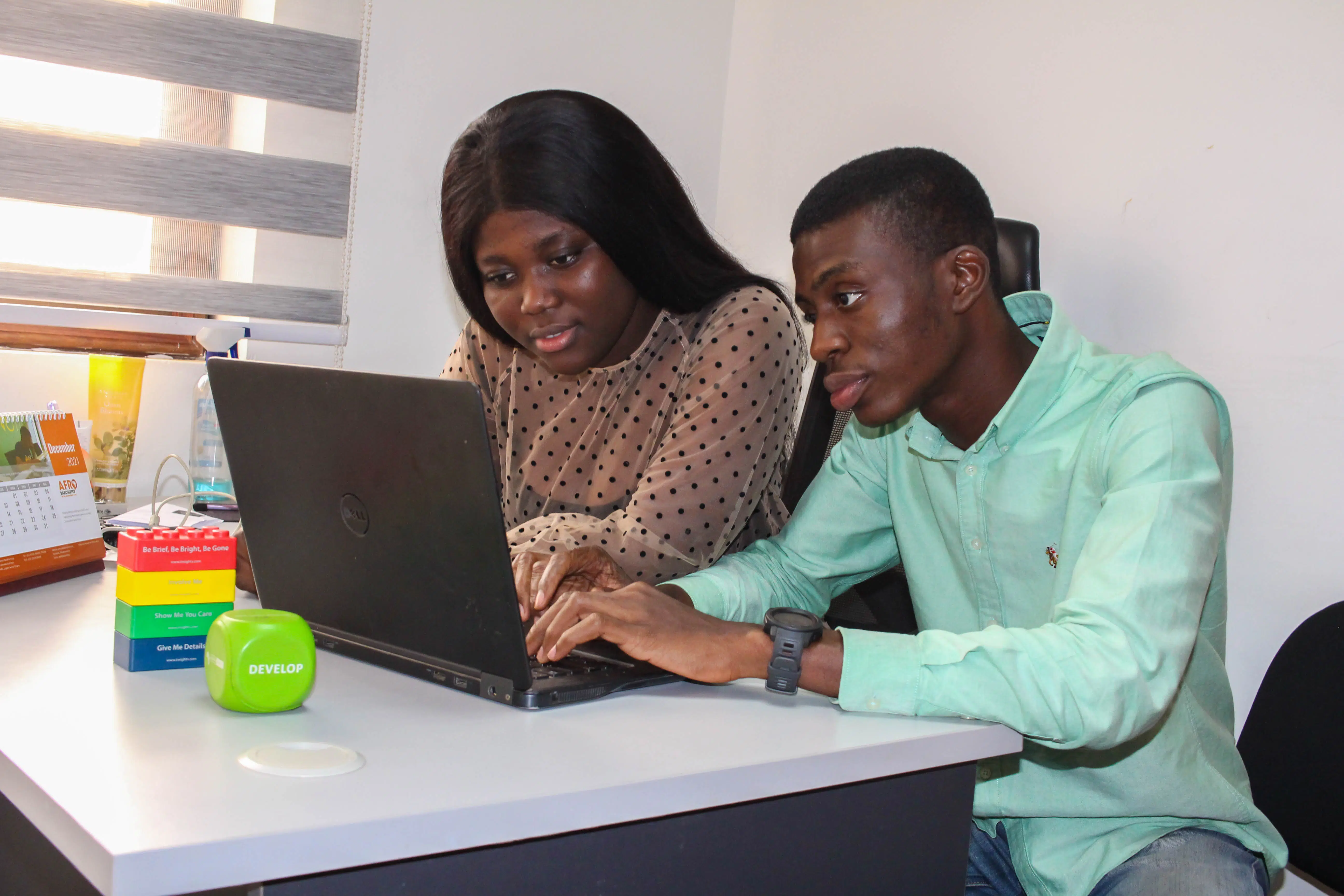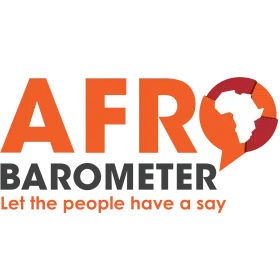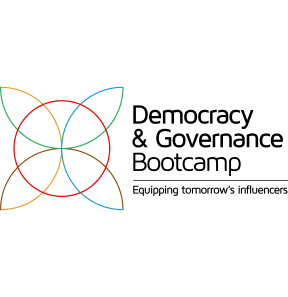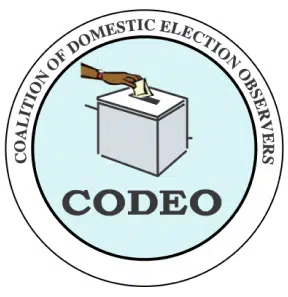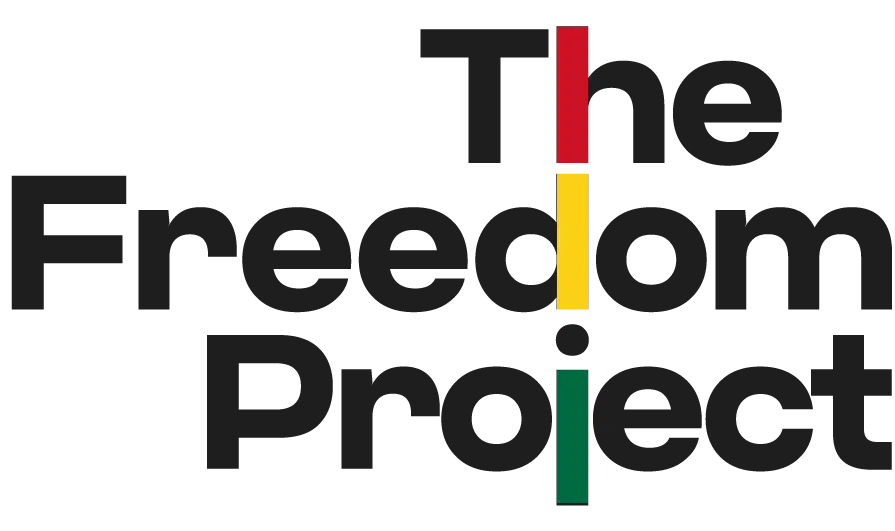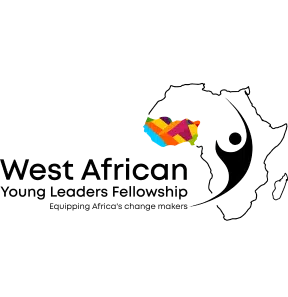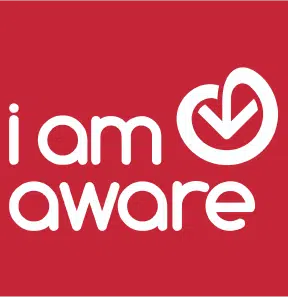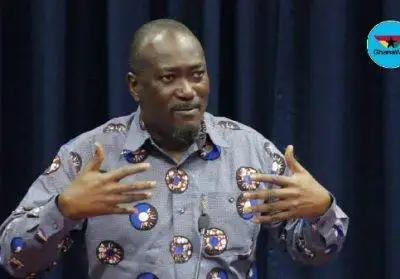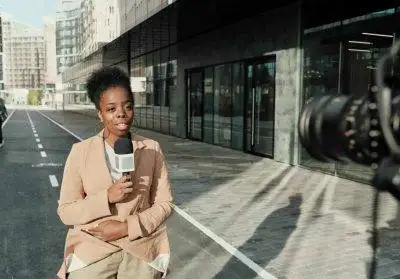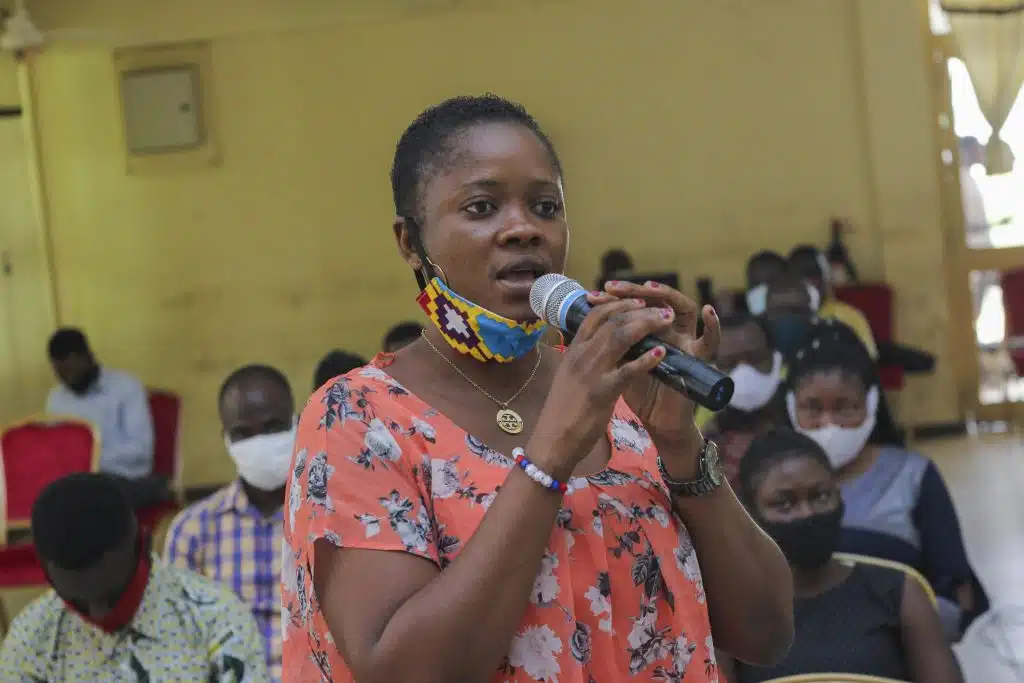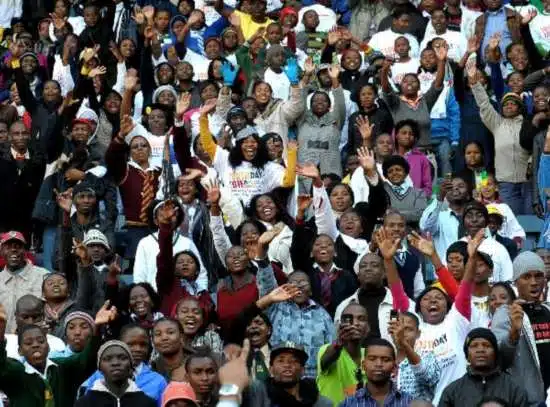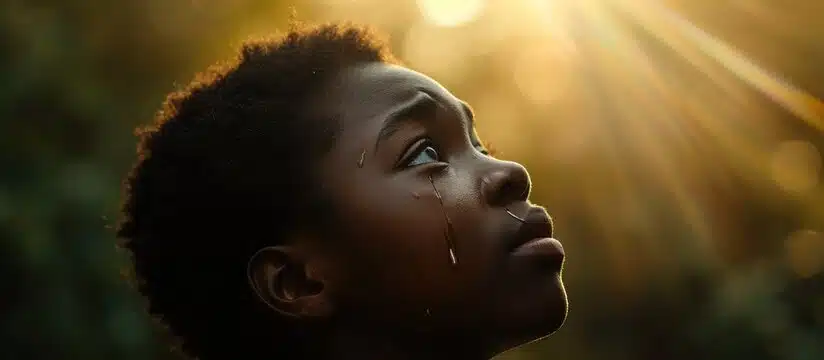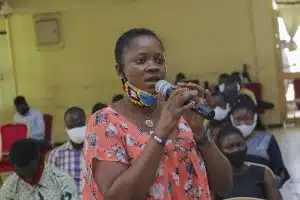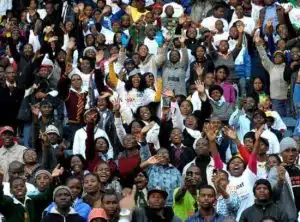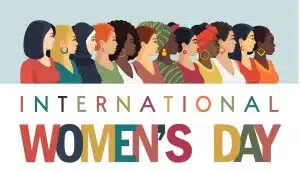The Gendered Face of COVID-19: Women and Access to Justice
Women bear a disproportionate brunt of health crises, environmental disasters and gender-based violence. Unfortunately, the COVID-19 global pandemic could follow this pattern-having devastating implications for women’s access to justice. What are courts and governments doing to address these challenges?
As the pandemic unfolds, heads of judiciaries are constantly weighing options in order to make the best decisions. In Uganda, the Chief Justice has issued directives to suspend court hearings and appearances. At the Africa regional level, Justice Sylvain Oré, President of the African Court on Human and Peoples’ Rights issued a statement on 23 March 2020 suspending the 56th Ordinary Session of the court and making “non-essential” staff work remotely, while “essential” staff work on rotation to promote social distancing. At the Africa sub-regional level, Justice Edward Asante, President of the Economic Community of West African States Court of Justice, also issued a communiqué suspending court hearings .
Under “normal” conditions, access to justice for most women is limited and outright unavailable in some instances. This pandemic brings new challenges to judiciaries- and applying a gendered lens to these challenges, further highlights extra layers of concerns for women’s ability to safely, promptly and efficiently access justice. Judiciaries will have to find innovative ways of handling cases of recurring domestic violence, rape, child custody, divorce, right to alimony and property, among others. As courts around the world are racing to use technology for hearing cases remotely, a major concern is the exacerbation of existing challenges, where lack of access to, or inadequate technology prevents many women from having their cases resolved expeditiously. How well will teleconferencing be for hearing pleadings and presenting evidence on gender-related violence cases? What happens in jurisdictions where the judiciary does not have the capacity to use such tools?
Courts are adopting different approaches in classifying limited in-person appearances in “exceptional“, or “urgent” cases. The list of what constitutes “exceptional” or “urgent” varies widely and the question is whether gender-related cases will be considered “exceptional” or “urgent” enough by judicial administrators.
The need to decongest public spaces, shelters and even prisons has been put on the table. What are the implications of such closures for shelters for women who are victims or survivors of domestic violence? Will governments or organizations providing such shelter be able to provide safe, alternative spaces for women?
It is essential for all judicial administrative changes to take into account the gendered nature of existing laws and institutional practices which sometimes maintain, reproduce or exacerbate gender inequalities. The highly dynamic nature of this pandemic requires open and constant communication within judiciaries and across judicial networks such as the UNODC Global Judicial Integrity Network on well-informed strategies to balance citizens’ needs with national priorities. Now more than ever, judiciaries must abide by the Bangalore Principles of Judicial Conduct and other international and national laws that seek to protect the rule of law, promote access to justice, ensure human rights and enforce judicial standards during and after this crisis.
Access to justice for some women is a matter of life and death-access to justice for women in a global pandemic cannot be put on hold. Hopefully judiciaries will be cognizant of women’s needs and take extra measures to address the related challenges.
Dr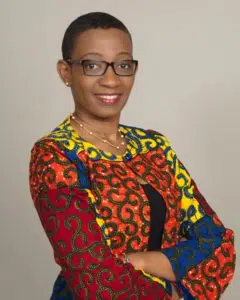 . J. Jarpa Dawuni is a Democracy & Development Fellow in Gender & Power at CDD-Ghana. She is also the founder and Executive Director of the Institute for African Women in Law , as well as an Associate Professor of Political Science at Howard University in the United States.
. J. Jarpa Dawuni is a Democracy & Development Fellow in Gender & Power at CDD-Ghana. She is also the founder and Executive Director of the Institute for African Women in Law , as well as an Associate Professor of Political Science at Howard University in the United States.

